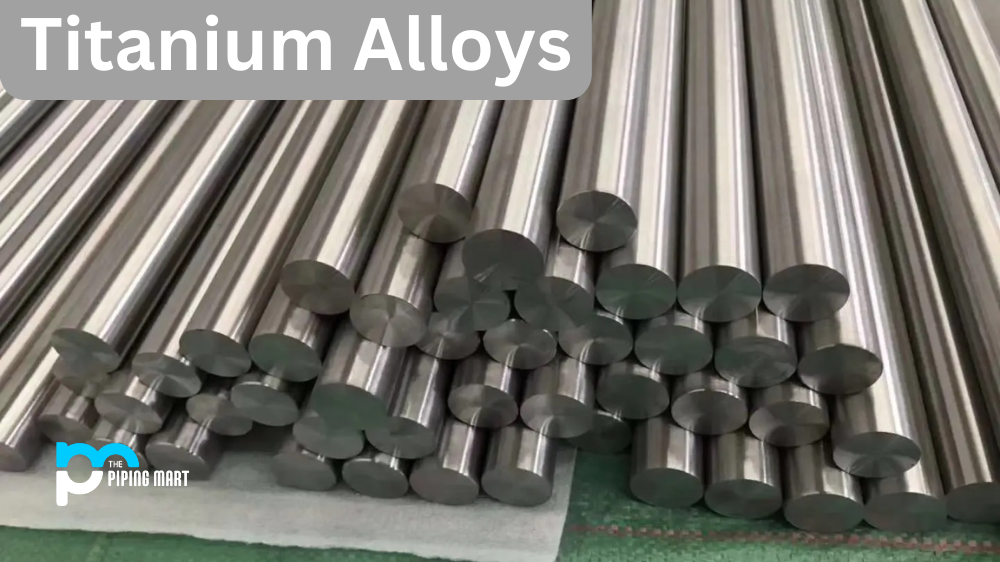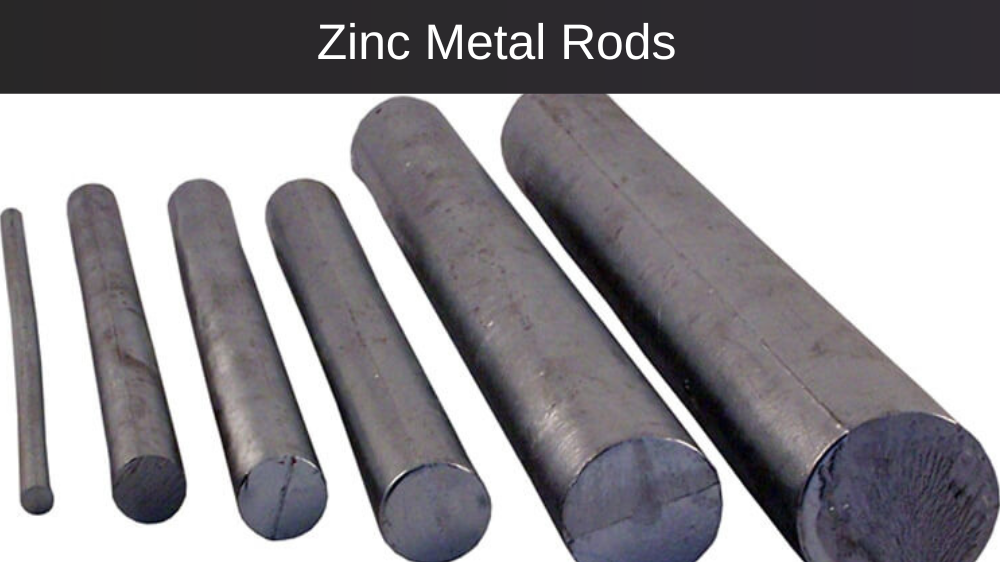Titanium is a strong and lightweight metal that has gained immense popularity in different industrial applications, including aerospace, automotive, medical, sports, and more. The unique properties of titanium alloys make them ideal for various advanced applications that involve high tensile strength, high corrosion resistance, and high-temperature stability. In this blog post, we will explore the unique properties of titanium alloys and their applications in different industries.
What are Titanium Alloys?
Titanium alloys are strong and light metallic materials composed of a combination of elements, primarily titanium, but also including aluminium, vanadium, molybdenum and other metals. These alloys have superior strength-to-weight ratios compared to pure titanium, making them ideal for use in construction or industries where weight is important. Adding these alloying elements can also increase titanium’s corrosion resistance and thermal stability. This makes them suitable for applications such as aerospace engineering or offshore oil rigs requiring superior mechanical performance under extreme environmental conditions. Additionally, many titanium alloys possess excellent fatigue behaviours, which make them resilient against cyclic loading over long periods – an important characteristic when designing structures exposed to unpredictable forces over time. In conclusion, titanium alloys provide engineers with a powerful tool that combines strength with low weight, resulting in lightweight yet sturdy components that can withstand extremely rigorous conditions.
Exploring the Properties of Titanium Alloys
Strength and Durability
One of the most significant advantages of titanium alloys is their exceptional strength and durability. Titanium alloys have a higher strength-to-weight ratio than any other metal. This property makes them perfect for aerospace applications, where strength and weight are crucial factors. Additionally, titanium alloys can withstand extreme temperatures, pressures, and harsh environments. Therefore, they are commonly used in aircraft engines, medical implants, and power generation systems.
Corrosion Resistance
Titanium alloys are also known for their exceptional corrosion resistance. They can resist many corrosive environments, such as seawater, acids, and chlorides. The oxide layer on the metal’s surface enhances this resistance, making titanium alloys ideal for marine, chemical, and oil and gas applications.
Biocompatibility
Another unique property of titanium alloys is their biocompatibility. Titanium is resistant to corrosion in different body fluids and has low toxicity, making it suitable for medical implants. Dental implants, artificial hips and knees, cardiac pacemakers, and bone fixation devices are medical devices made from titanium alloys. These devices can remain in the human body without causing adverse reactions.
Machinability
Despite its strength and durability, titanium alloys are relatively easy to machine. Unlike other metals, such as steel and aluminium, titanium alloys do not work harden during machining. This property allows manufacturers to produce complex parts with tight tolerances and low scrap rates. The machinability of titanium alloys makes them an excellent choice for the aerospace and medical industries.
Lightweight
Finally, as mentioned earlier, titanium alloys are lightweight metals, another great advantage. Using titanium alloys in aerospace applications reduces aircraft weight, fuel consumption, and emission rates. Additionally, the lighter weight of titanium implants reduces the mechanical stress on the patient’s bones.
Conclusion:
In conclusion, titanium alloys have unparalleled properties that make them unique and highly desirable in different industrial applications. From the aerospace and automotive industries to medical implants and sports equipment, titanium alloys offer a winning combination of strength, durability, corrosion resistance, biocompatibility, and lightweight. With technological advancements and innovations, we expect to see more exciting applications for titanium alloys.
Sakshee is a talented blogger, with a particular focus on the Business and Metal Industry. She is passionate about sharing her insights on various metal products and helping professionals to make a better decisions.




